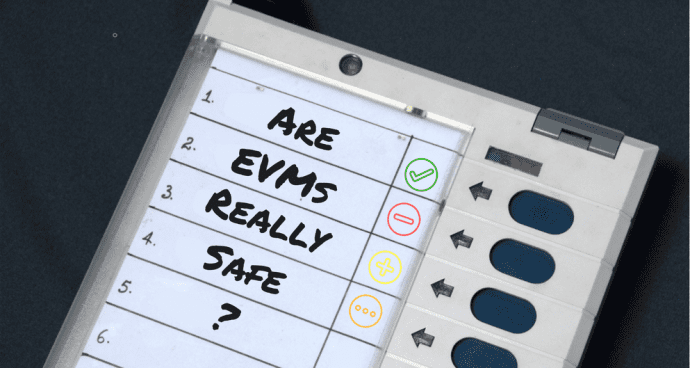Well, time for another question. What is weight? How do we define how heavy something is? Well, let’s jump back to the weight of the iPhone; 138 grams. It turns out that the gram is a unit of mass and not weight. Mass can be defined as the amount of matter something is made up of. Weight is a quantity directly related to mass but dependent on gravity. But back to the task at hand. How do we define how heavy something is? What is its weight? Well, if we know it’s mass then we are aware its weight. Take a look at this cylindrical block of metal. Everything you have ever weighed was done so based on the weight of a block very similar to the one pictured above. The block pictured above is a replica of the very special prototype kilogram which is stored at the International Bureau of Weights and Measures in France. The problem with this system is the likelihood of the prototype to gain or lose mass over time. In fact, the prototype kilogram is slightly heavier than its original value due to surface contamination. The measured difference is about 0.05 milligrams. There are replicas of the prototype kilogram around the world as well but as you can imagine their value is also not stable. But the differences are minuscule, right? How could this possibly have an effect on anything? Although the differences in value appear quite small, they can prove to be significant. For example picture the electronics industry. As microchips continue to advance and become more powerful, this little difference could make a difference. For instance, the unit of power, the Watt, is partially defined based on the kilogram. If the kilogram isn’t properly defined, it could be difficult to design devices to perform at desired outputs. This was stressed by physicist Richard Steiner back in 2014 when he was interviewed on the issue by Mental Floss. Richard is a physicist at the National Institute of Standards and Technology in the US. What can we do to solve this problem then? Luckily two research teams have come up with two methods for accurately determining something called Planck’s constant. This agreement on the value of Planck’s constant means that the framework for the redefinition of a more accurate kilogram is now in place. In 2018, the International Committee for Weights and Measures will meet to push the redefinition process forward.
This is great news and means that the daunting future of potentially buggy smartphones has been rectified. Oh, I forgot to mention that this also means that, in the future, you will be able to boldly claim that you are now able to measure the weight of objects such as your smartphone more accurately. This can also be applied to your body weight. However, if you are hoping that this development will somehow mean that you weigh less, think again. If you need to hit the gym now, this doesn’t change anything, and you still do. Sorry, not sorry guys. The above article may contain affiliate links which help support Guiding Tech. However, it does not affect our editorial integrity. The content remains unbiased and authentic.










